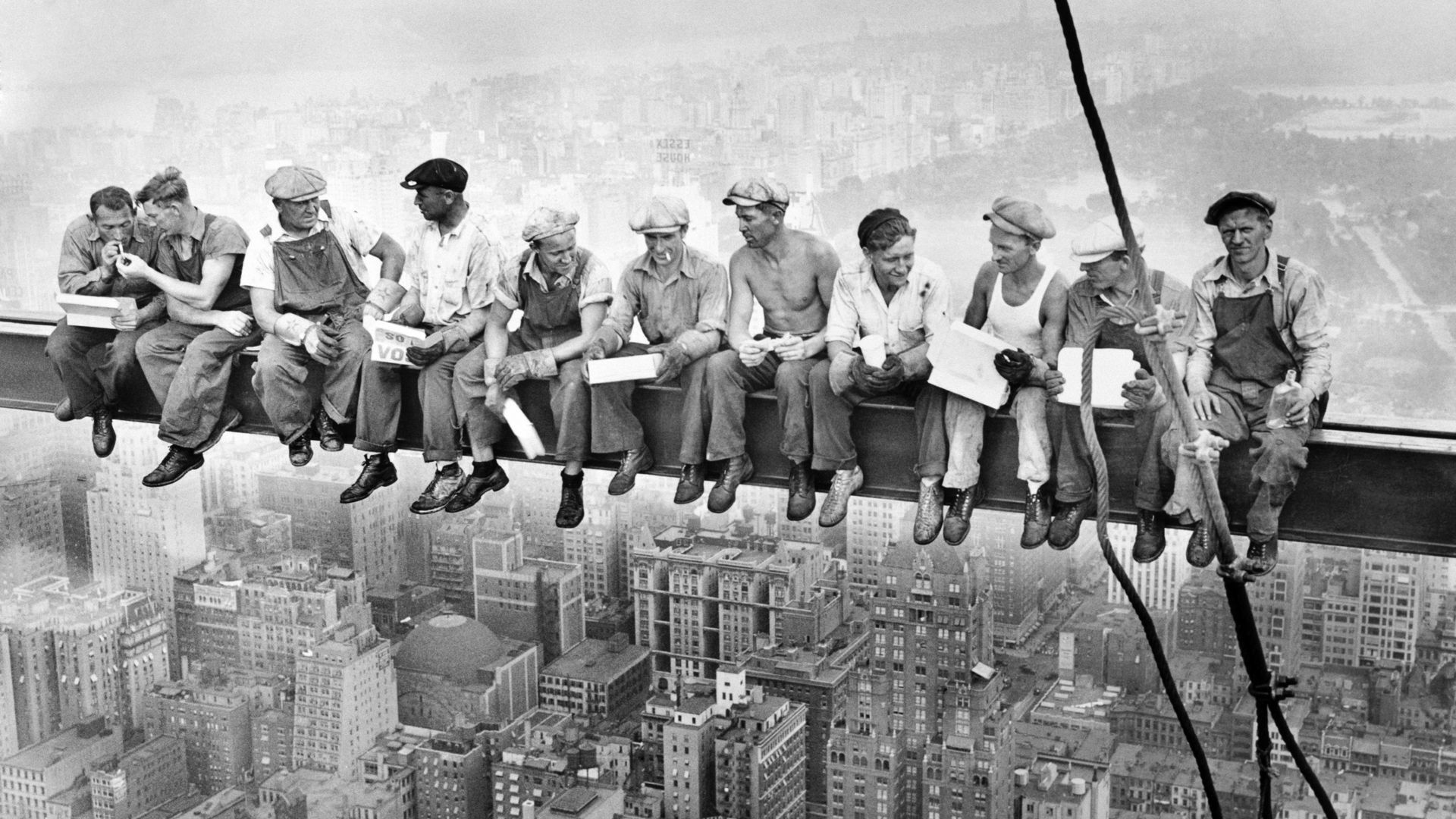- Economic History.
- Growth and development.
"Explain the structure, operation and the outcome of the economies" (Douglas North)An economist is worried about the general characteristics of a society (structure), studies the institutional working (families and state), the technology operation, ideology of society and the preferences (institutional scope of oportunities and restrictions).
There is not only a concern about the economic performance but also about the factors needed for the economic growth and development (because of the existence of countries rich and poor).
The classical economy stablished a tripartite classification of the production factors: land, work and capital. The total production of a economy is determined by the quantity of this factors used.



Growth and development.
The growth is possible thanks to the technology application because of capital investments. These investments can be:
- Extensive: when the investments is made over more than one particular factor (land, work and capital).
- Intensive: when the resources are used in a more effective way (that is to say, we have the same resources, but we are able to use better).
Growth and development are not the same concepts. As a rule, in countries where the industrialization is being born, to a certain extent, there is a big change in the Economy (development), while the growth is only starting to emerge (for example in UK during the first step of its industrialization).
The progress is linked to the development. The growth of the economy is a reversible process, that is to say, the decadency could follow to this growth. However when we speak about development and progress of economy, unfrequently it appears a regresive cycle wherein a country is able to lose out structures or organizations created in the past.
By other hand the progres (according to Cameron) is related to moral or subjective issues, unlike the growth and development which correspond to objective issues.
To understand the difference between growth and efficiency we will use the support of the production-possibility frontier example:
Bibliography:
Cameron R. (1992). Historia Económica Mundial. Alianza. Capítulo 1.
North, D.C., y Tomas, R.P. (1989). El nacimiento del mundo occidental. Una nueva historia económica (900-1700). Capítulos 1 y 2.

La enseñanza de la Economía. Es de vital importancia. A mayor conocimiento mayor adaptación y mayor contribución al crecimiento.
ResponderEliminar